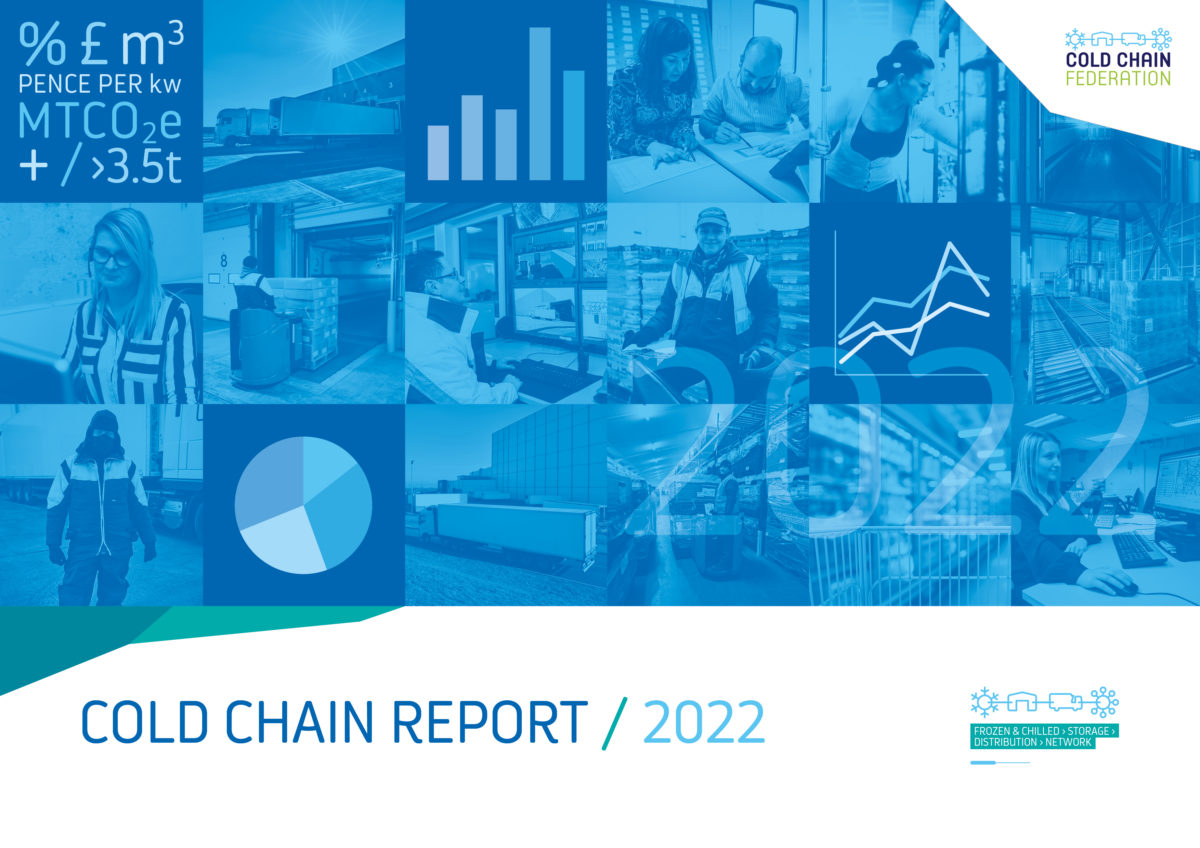Celebrating its 75th anniversary this year, the Utz Group believes that – in addition to its technological innovation and local service – it is the company’s culture of focusing on people and fostering a sense of community that drives its success.
With 1,350 employees across eight locations on three continents, Utz says it is the global market leader for returnable packaging. The company, which manufactures over 20 million products a year and is achieving annual growth of 10-12%, takes pride in promoting a sense of family.
“Our commitment to developing, recognising and rewarding talent means that we are successful in retaining our creative and hard-working employees,” comments Russell Evans, General Manager of Georg Utz Ltd. “With our clients seeking packaging solutions customised to their unique needs, the expertise and experience of our staff are highly valued. We offer a range of opportunities for professional development – including digital training through the Utz Academy – and ensure that we provide attractive financial incentives and benefits, including an annual profit-sharing scheme.”
Family ethos
One of the UK subsidiary’s long-serving employees is Shaun Batty, Maintenance & Facility Manager, who has just clocked up 15 years with Utz. When he joined the company as Maintenance Engineer, he was alone in the department but now leads a team of 11, overseeing day-to-day operations in maintenance and the toolroom.
Seven technicians maintain and repair machinery at the company’s factory in Alfreton, Derbyshire – which recently took delivery of its tenth injection-moulding machine – while four employees in the toolroom produce and service tools to meet production requirements.
“My role is interesting, challenging and very rewarding,” says Batty. “I’ve been fully supported from day one in a company that holds family values close to its heart and has the utmost confidence in its employees. I think the fact that I’ve been here for 15 years speaks for itself!”
Apprenticeships
Training and professional development have always been a high priority at Utz. As the UK subsidiary has grown considerably since being established in 1990, it has relied in part on growing talent through apprenticeships.
“Over the past seven years, we’ve participated in the scheme operated by the Automated Material Handling Systems Association (AMHSA) in partnership with automotive manufacturer, Toyota,” explains Evans. “We currently have three apprentices who have just completed their studies, one who is yet to finish and a further two joining us shortly.”
One of the apprentices at Georg Utz Ltd is Shaun Batty’s son, Finley. Aged 19, he is working in the toolroom and completing his course through day release at West Nottinghamshire College. Finley has been with Utz for three years now and is really enjoying his apprenticeship.
“It’s great to learn new skills,” he says, “and gain wider knowledge of both engineering and toolmaking. The best thing about working for Utz is definitely the people I work with – colleagues are always willing to help and share their knowledge. As a hands-on type of person, I’ve really learned a lot from training on the job.”
Utz recently held a group-wide conference (pictured) to mark its 75-year milestone. Every employee was invited to the celebration, which attracted a total of 650 participants from around the world, including around one-third of the UK team. Taking place over two days at Europa-Park, Germany’s largest theme park, the event culminated in a huge gala dinner party with live music, entertainment and presentations.
Further celebrations will take place in the UK when Georg Utz Ltd holds a Family Fun Day in late August. Taking place at Derbyshire Cricket Club, the event will see employees and their families meeting to enjoy food, drink and entertainment.











